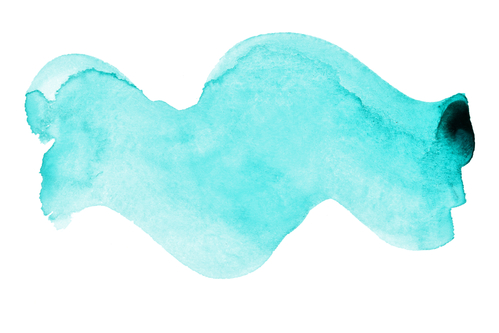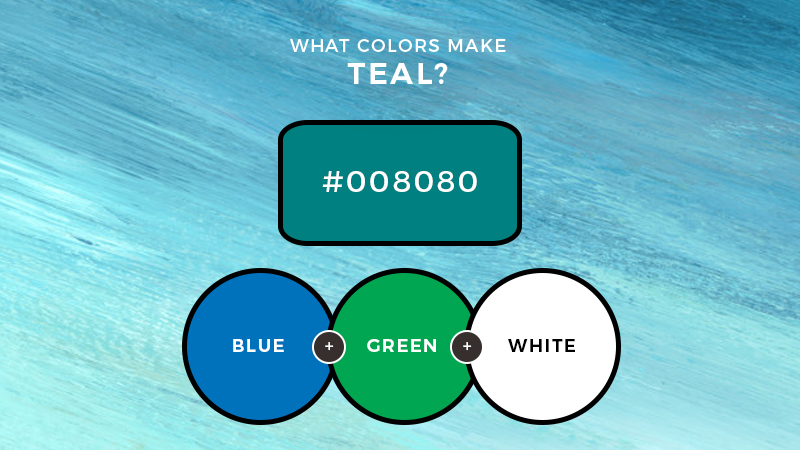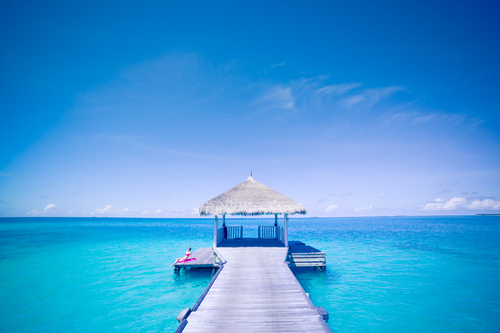What Colors Make Teal? How to Make Teal
Are you curious about what colors make teal? or How to Make Teal Paint?
In this article, we’re going to discuss this topic even further…
Colors make our lives beautiful. From the paint on the walls of your home to the tint of the clothing you wear to the color of the sky and trees – color is everywhere, and it enhances our lives in ways we don’t even realize.
Everyone has a favorite color, a unique shade that they find most appealing.
But have you ever thought about how to make different colors? We all learned the primary color wheel, but outside of those basic shades and the simplest of combinations, most people may never consider how to create different colors.
That changes now. We’re going to talk today about what colors make teal.
We’ll take a close look at how you can blend different colors to make teal. There are a few different things to study when it comes to making colors – first, let’s look at what exactly the color teal is, then we’ll examine how to make teal from paint colors, then from ink for printing.
Finally, we’ll talk about the color theory of teal and what colors fit as complementary ones to this shade.
Read on to learn more!
What Is Teal?
Like any color, there are a lot of shades of teal. Some are more along the blue-green lines, while others are tinted differently.
Within the artistic community, there can be a lot of debate about the best way to achieve this color – partly because there are a lot of different outcomes that artists want!
Depending on the medium, the canvas, and more, you may need to tweak certain color recipes to get the effect you desire. Here are a few different shades of teal to consider:
Blue-Green
This is simply a blend of blue and green hues. It might be good for representing water or cooler color.
Aqua
This is a slightly lighter and brighter shade of teal, similar to mint green but a bit bluer.
Dark Teal
To achieve darker shades of teal, you can add less white to the mix or tint it with burnt umber tones.
How to Make Teal
When you’re combining colors to make new ones, there are a few different methods. Artists and painters will want to know how to combine paint hues, while printers and digital designers will want to know the CMYK and RGB percentages to achieve their preferred color.
We’ll look at each of these and how to make teal in each situation.
Paint
With paint, the general consensus seems to be that you need blue paint, green paint, and white paint.
Artists differ in shades, but many prefer phthalo blue and green. When picking your blue paint in particular, opt for one that tends toward green rather than one that tends toward red.
Bear in mind that there is no such thing as “pure” blue paint; you’ll always have a bias toward one or the other.
For the best teal shade, pick one that is greener. For a basic teal color, use 50/50 blue and green, then add white until you reach your desired shade.
Play with the ratio of blue and green, since you may find that you like it bluer or greener – or that your paints mix differently.
What Colors Make Teal Paint
Teal Color Code: CMYK
For CMYK (cyan, magenta, yellow, black/key) printing blends, the percentages will vary based on what shade of teal you are looking for. Here is a basic code for CMYK teal:
- C: 83%
- M: 11%
- Y: 41%
- K: 14%
You can tweak each of these to achieve brighter or darker shades, depending on your needs, but this should give you a good basic teal shade. You can also experiment by beginning with cyan, yellow, and white and tweaking.
Teal Color Code: RGB
RGB is most commonly used for digital design and printing. The code for a basic teal is #008080. Like with CMYK, you can then adjust this to your preference. Check it out here.
Color Theory: Teal
Color theory is the study of how colors impact us and our mental state. Teal, in color theory, is a cool color. Like other shades of blue, it’s associated with calm and relaxation.
Since it’s close in color to turquoise, it has many of the same connotations – creating emotional stability, release from stress, and open communication.
Because it’s between blue, green, and yellow, it has the calmness of blue joined with the happiness of yellow and the balance of green.
Complementary Colors
Complementary colors for teal are burnt umber and coral – both of them somewhere between red and orange on the color wheel. Depending on the shade of teal, you will find that other shades of coral and/or orange will pop well. White is also an excellent accent color to teal.
We hope that this has helped you learn more about what colors make teal and how to make teal. Enjoy using this vibrant hue in all of your design, painting, and decorating!
Read Latest Posts

Hi, I'm Anthony Tran! Welcome to my site. I live in Arizona and am obsessed with all things related to building an Online Business and working from home. Learn about my journey here.
Follow Online





